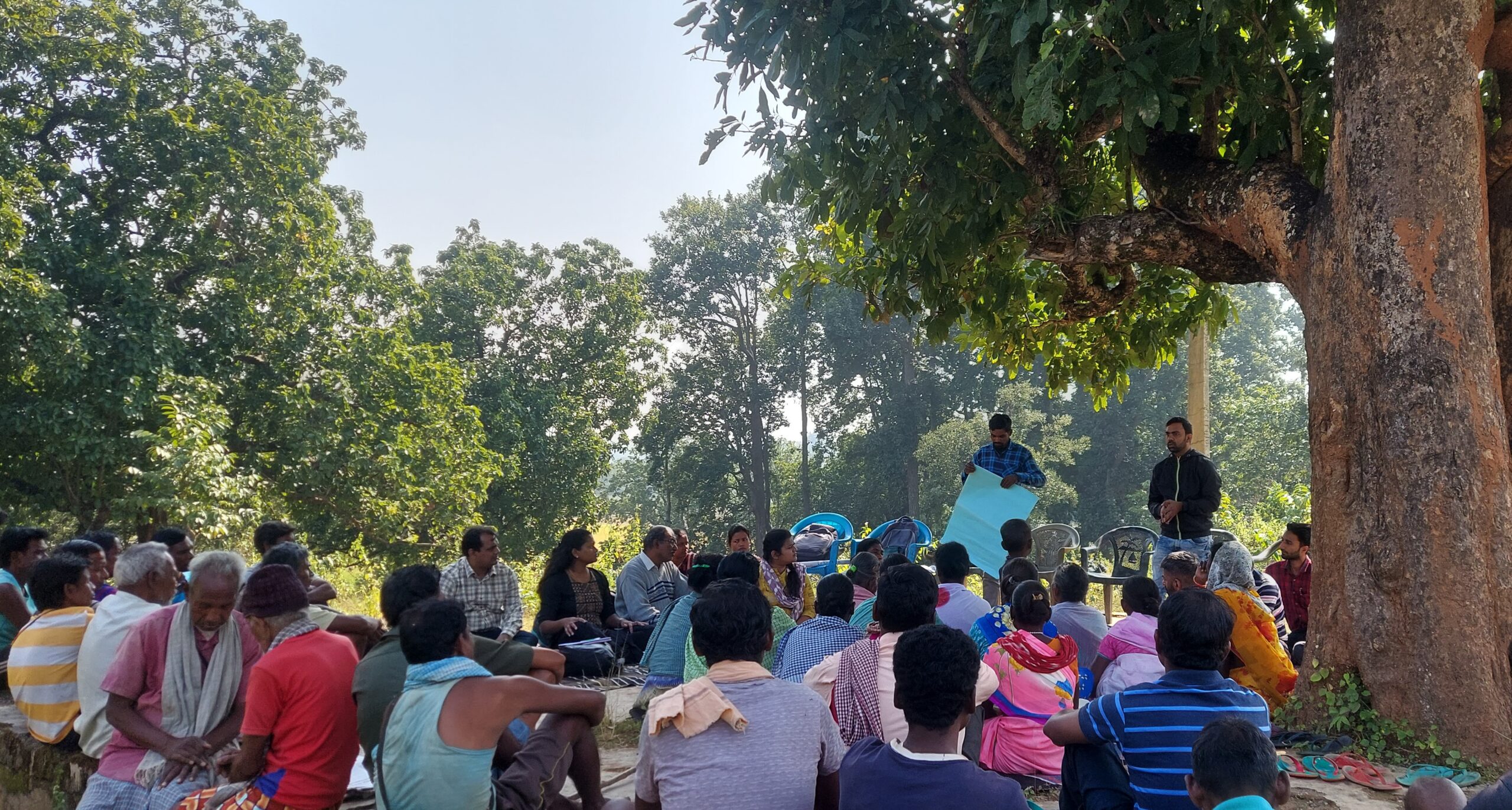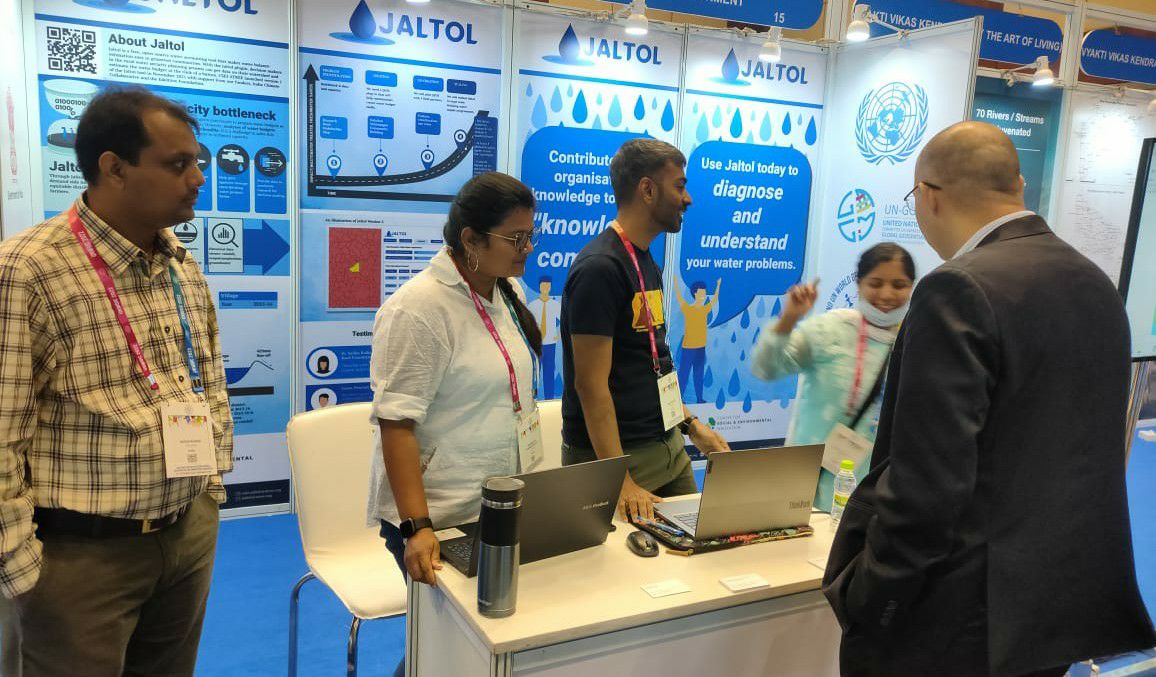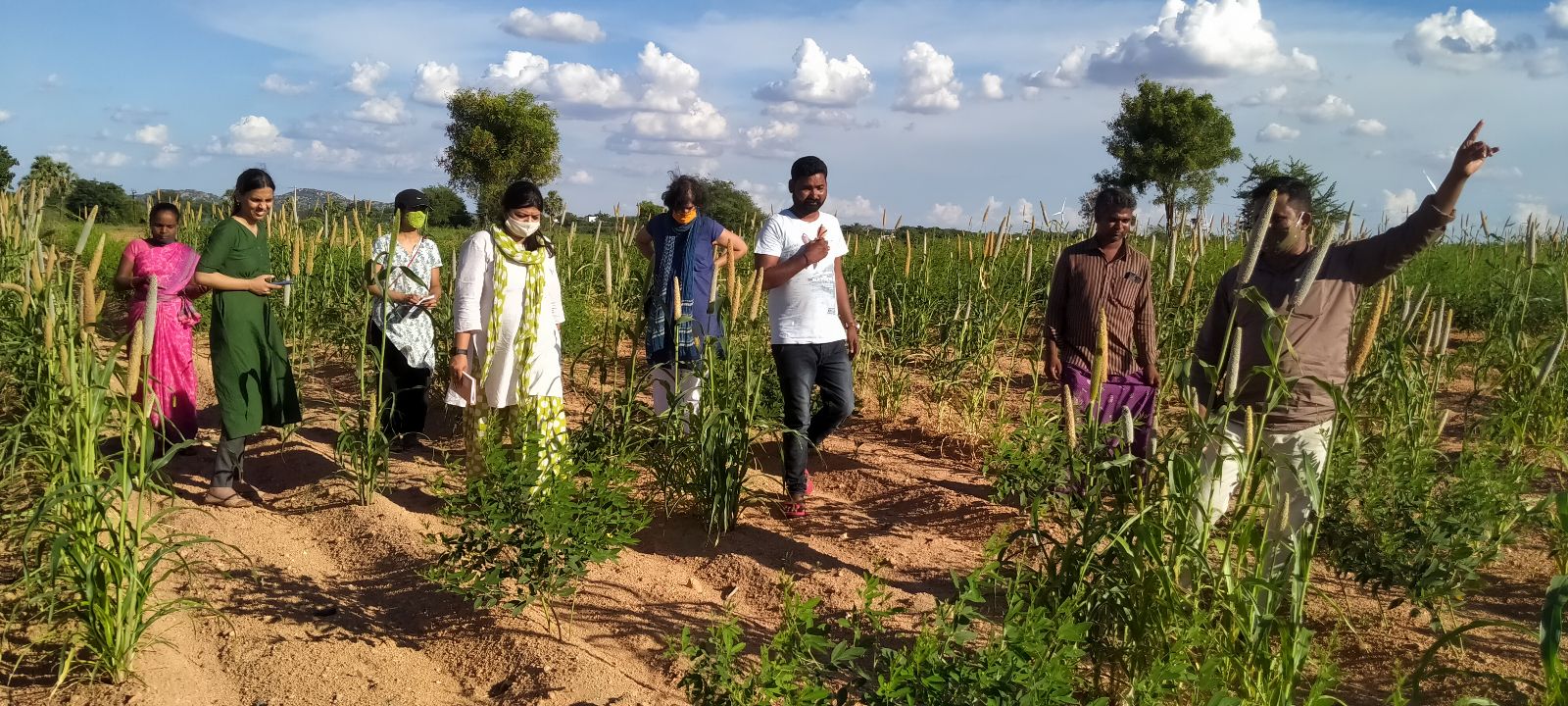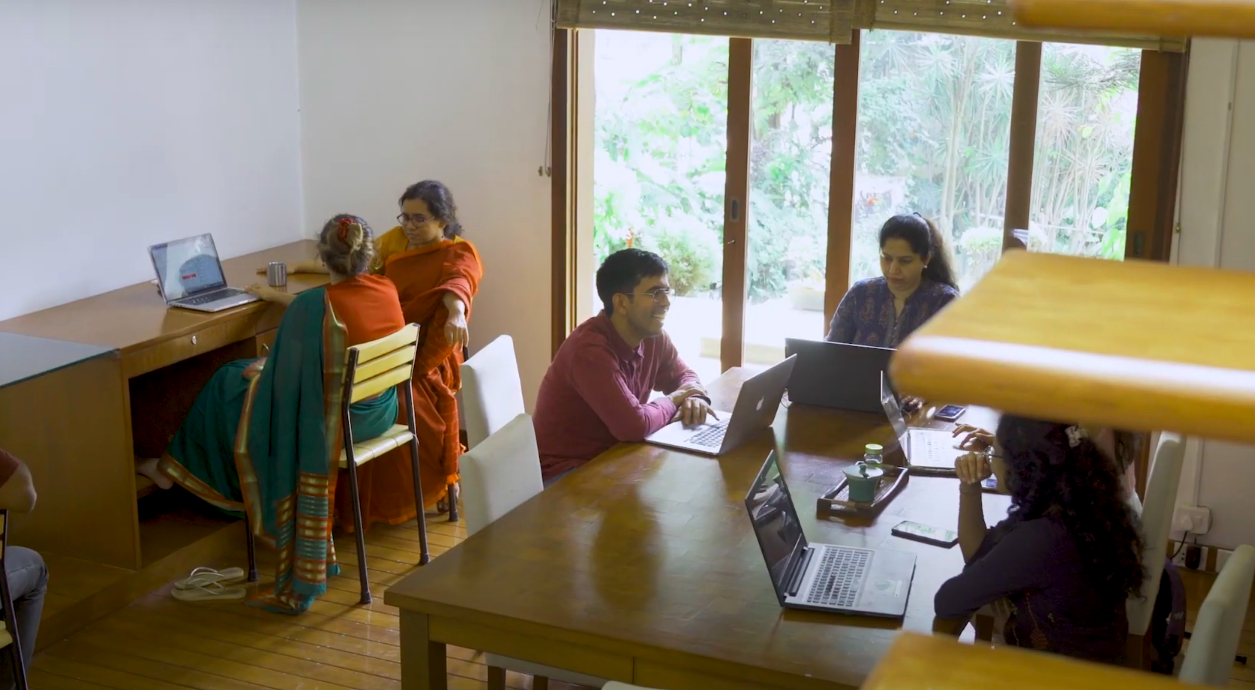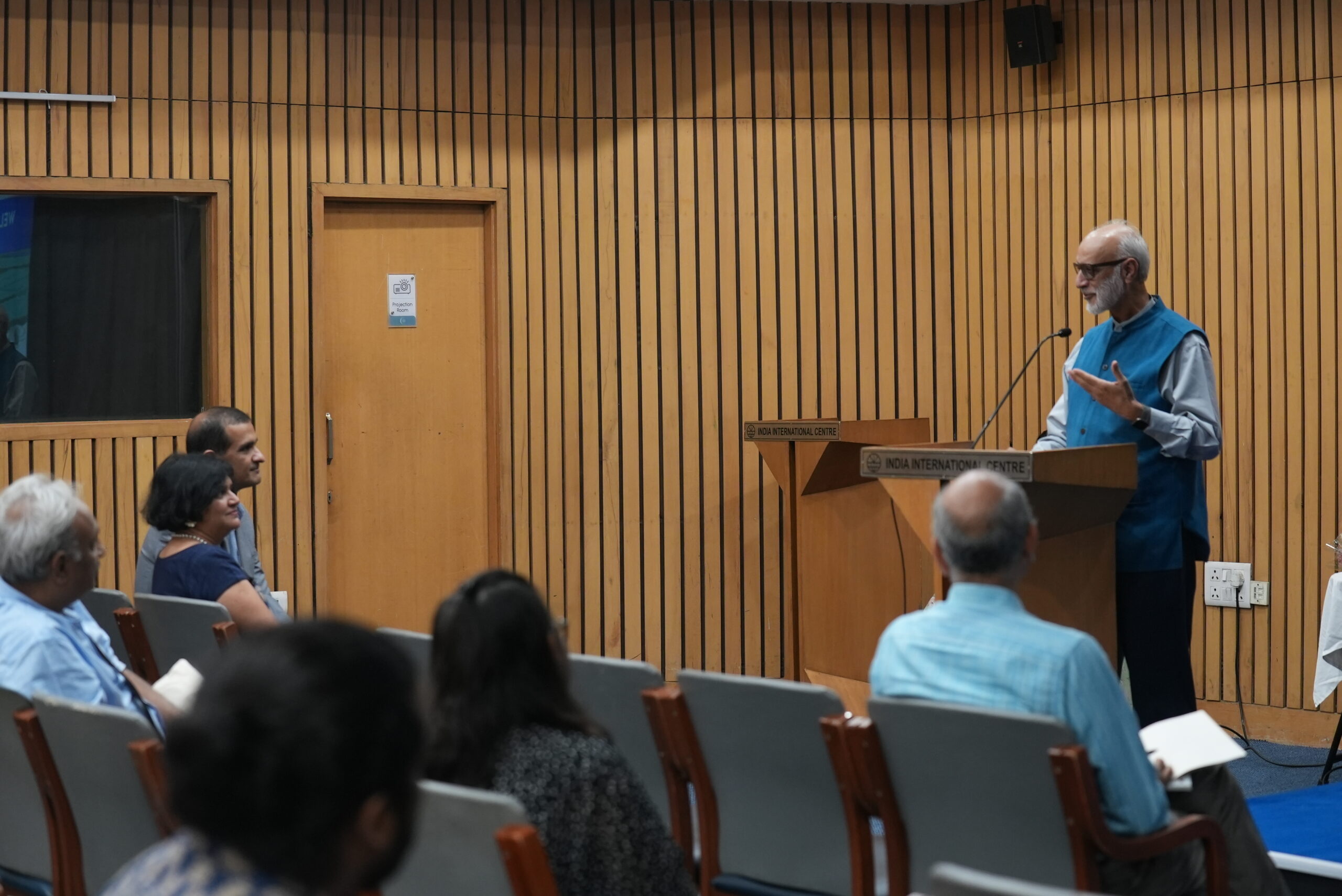The Relevance Of Rural Aspirations To Sustainable Transitions: A Ground-Up Study
A significant proportion, around 85%, of agricultural landholdings today belong to the small and marginal category. They are critical to the country’s economic and nutritional security. Increasing input costs, falling yields, declining health of soils and erratic prices are making agriculture unviable and pushing millions of these farmers to the brink of survival. Alarmingly, a staggering 30% of India’s natural assets are in different stages of degradation, threatening the bedrock of India’s food and livelihood security. This degradation is caused by and accelerated due to input-intensive and nature-negative farming practices.
Impacted lands also lose their ability to provide ecosystem services like carbon storage and exacerbate global warming climate change, setting off a vicious cycle which disproportionately impacts small and marginal farmers, who, due to their social and economic standing, are more vulnerable to these risks. It is crucial to arrest degradation and enable a sustainable and large-scale transition to agroecology for both the economy and the environment.
Multiple programs have been launched by governments over the years such as the Rashtriya Krishi Vigyan Yojana (RKVY) and the Green India Mission (GIM) to check degradation and motivate farmers towards sustainable practices. However, the actual impact of these programmes is suspect.
The top-down nature of these programmes often makes them unreceptive to the aspirations of the people they are supposed to involve and benefit.
Few studies exist that capture these aspirations and inform programs that facilitate the transition to a sustainable future. This results in an incongruence between the goals of ‘vision based’ development and the actual wants of people on the ground, rendering these programs insufficient. As Verkaart, Mausch and Harris (2018) suggest, policies shaped by aspirations of people on the ground can enable these communities to improving their quality of life and livelihoods (by improving their resilience to risks), while protecting and improving the health of the environment.
To holistically design these socio-economic interventions around economic and environmental sustainability, it is imperative to understand aspirations of local people – their knowledge systems, exogenous factors influencing intra and inter household dynamics in relation to a landscape and the role of social networks and social structures. Understanding these aspirations and grounding them in a social, cultural and biophysical context may also be central to cultivating climate resilience and to nudging towards sustainability in these communities. This study is an attempt to understand these aspirations to inform and better facilitate sustainable transitions.
This report is currently being reviewed and will be uploaded soon. If you would like to read a draft version or know more about this work, please write to [email protected].
If you would like to collaborate with us outside this project, write to us. We would love to hear from you.
Follow us and stay updated about our work:

